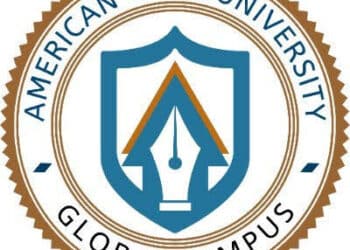THE Boeing Co marked its centennial on Friday with plans to sharpen its focus on innovation, including ambitious projects for supersonic commercial flight and a rocket that could carry humans to other planets.
But innovation at Boeing will be “disciplined” and not endanger the future of the world’s biggest plane maker, Chief Executive Dennis Muilenburg told reporters at an event marking the company’s founding on July 15, 1916.
The enterprise established by William Boeing in a Seattle boathouse has faced numerous “bet the company” moments over its 10 decades to bring out new planes such as the 707 and 747.
“We have won for 100 years because of innovation,” Muilenburg said. “The key is disciplined innovation. We’ll take risks. We’ll invest smartly.”
Chicago-based Boeing has managed to stay ahead of European rival Airbus in plane production and is a major defense and space contractor, producing fighter jets, aerial refueling tankers, communications satellites and rockets.
The company is exploring the possibilities of commercial supersonic and hypersonic planes, Muilenburg said. It also is at work on a manned mission to Mars. Though those are perhaps many decades away, “I’m anticipating that person will be riding on a Boeing rocket,” Muilenburg said.
More immediately, Boeing is pressing for licenses to conclude sales of 109 aircraft to Iran, including leased jets, despite opposition from some in Congress. “This is a significant opportunity,” he said. “It does represent significant U.S. manufacturing jobs.”
The company also is still working on plans for a so-called “middle of the market” aircraft that could fill a gap in its product line between the 737 and the 787. Muilenburg said it might use “existing products, derivatives of existing products or an all new airplane” to fill the gap.
“If it’s an all new airplane, we think that would probably be in the 2024-2025 time frame in terms of when it would be introduced into service,” he said.
Muilenburg spoke with reporters at the beginning of a celebratory weekend of events for an estimated 100,000 employees, families and retirees at Boeing Field in Seattle.
Muilenburg said Boeing is arguably stronger now than at any point in its 100-year history. It has a backlog of 5,700 plane orders, enough to keep its factories humming for six or seven years.
Beyond filling those orders, it aims to “sharpen and accelerate” its innovation, in plane design in the factory and services. This includes “second-century design in manufacturing, automation, 3-D printing, additive manufacturing,” he said.
“Even though we’re arguably the best aerospace company in the world today, we have to continue to invest in innovation,” he said.









